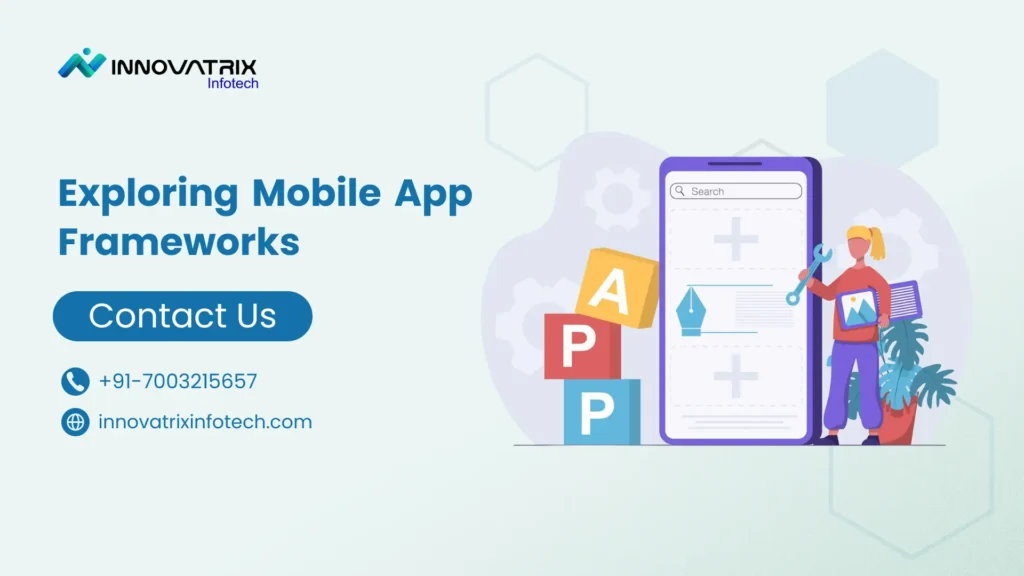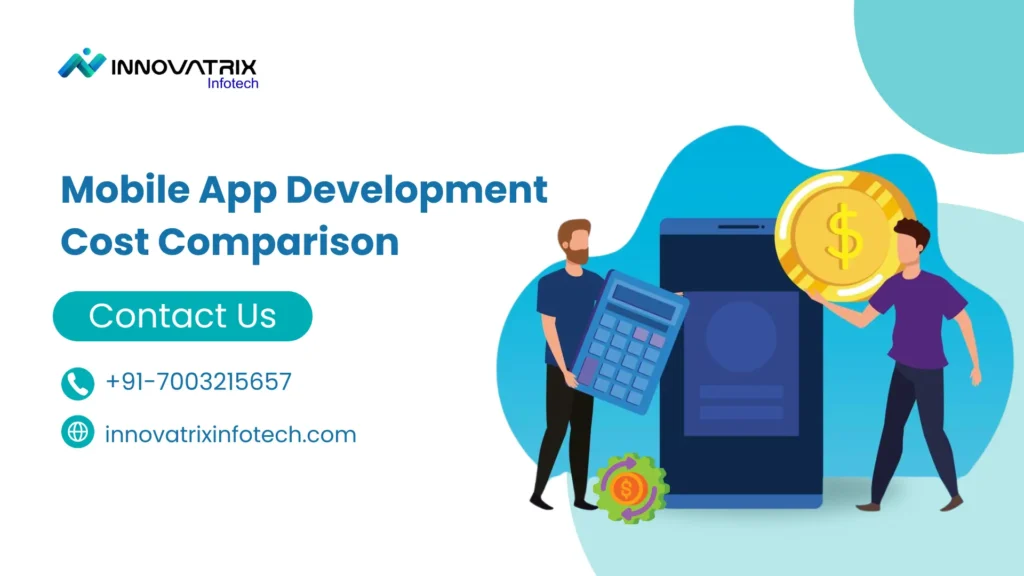Table of Contents
Hello readers, I am Rishabh Sethia, and today I will tell you how to choose the right Mobile app development platform for your project.

Understanding App Development Platforms
Types of app development platforms
1. Hybrid App Development Platform
Advantages of hybrid apps
1) The integration process in hybrid mobile apps can be easy and seamless. Developers do not have to do research for specific code libraries. Common SDKs, APIs, and other tools can be used.
2) It is a cost-effective and time-efficient method for building mobile apps. Affordability rises with the use of hybrid mobile apps.
3) Maintain a hybrid app development framework that is convenient and manageable.
2. Native App Development Platform
Advantages of Native Apps
3. Cross-platform App Development
Pros and cons of cross-platform
development
Comparing iOS vs Android development

1. Market share and user demographics
iOS App Development
Android App Development
2. Development costs and timeframes
iOS App Development
Android App Development
3. Monetization strategies and potential revenue
iOS
Android
Pros and Cons of iOS and Android platforms
Pros for iOS app development platforms
Cons of iOS app development platforms
Pros for Android app development platforms
Cons of Android app development platforms
Exploring Mobile App Frameworks
Here are the most commonly used Android app development frameworks:

1) React Native
2) Flutter
3) Xamarin
React native vs Flutter vs Xamarin
1) Performance
2) Development Speed
3) Community support
4) Cost
Android and iOS App Development Cost Comparison
Cost comparisons for app development are primarily based on the following factors:

1) Platform Choice
2) App complexity and features
3) Development team and location
4) Ongoing maintenance and updates
A comprehensive mobile app development guide
Conducting Keyword Research for different App Development
Keyword Research Mobile App Development Process:
Conclusion



Rishabh Sethia
CEO & Founder – Innovatrix Infotech
Rishabh Sethia is the innovative CEO & Founder of Innovatrix Infotech. With an ever–burning enthusiasm for innovation and an unstoppable entrepreneurial drive, Rishabh has guided Innovatrix Infotech towards becoming a quick–rising brand in the world of IT. His strategic vision and practical leadership have built the company’s brand for creating leading-edge web and mobile application solutions, driven by the newest technologies such as AI, Blockchain, and IoT. Under Rishabh’s vision, Innovatrix Infotech has become a byword for dependability, quality, and scalable custom solutions. His single-minded dedication to client success and digital excellence has created an ecosystem of growth, trust, and long-term impact for businesses across industries.
Feel Free to Contact Us!
We would be happy to hear from you, please fill in the form below or mail us your requirements on Contact@innovatrixinfotech.com

